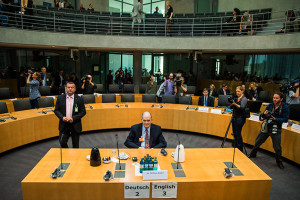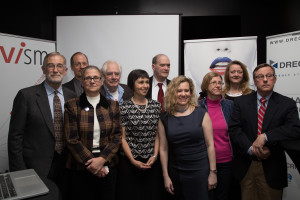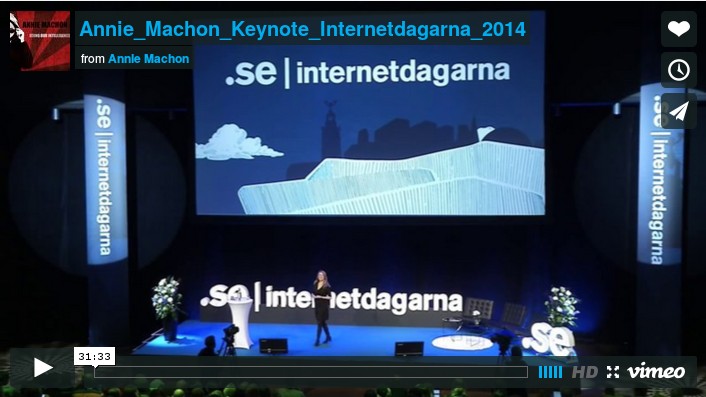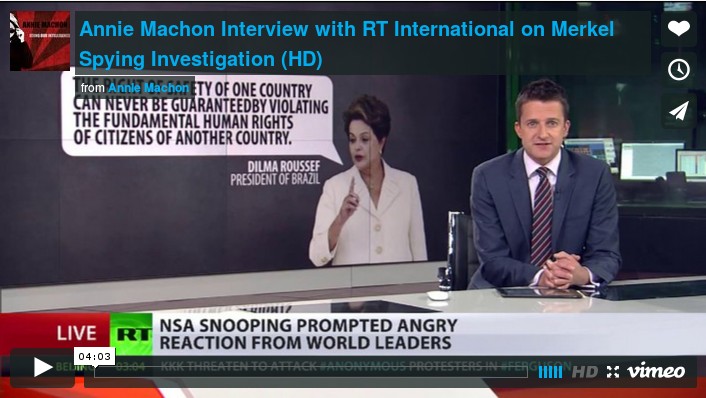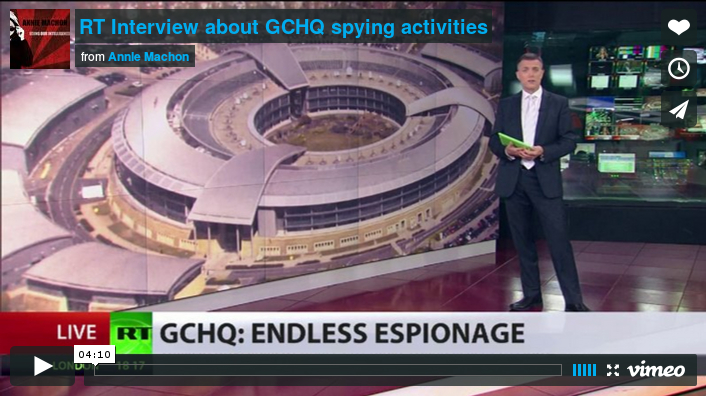So this week the murderous beheader of the Islamic State, “Jihadi John”, has been unmasked. His real identity is apparently Mohammed Emwazi, born in Kuwait and now a British citizen who was raised and educated in west London
Much sound, fury and heated debate has been expended over the last couple of days about how he became radicalised, who was to blame, with MI5 once more cast in the role of villain. In such media sound-bite discussions it is all too easy to fall into facile and polarised arguments. Let us try to break this down and reach a more nuanced understanding.
First up is the now-notorious press conference hosted by the campaigning group, Cage, in which the Research Director, Asim Qureshi , claimed that MI5 harassment of Emwazi was the reason for his radicalisation. Emwazi had complained to Cage and apparently the Metropolitan Police that over the last six years MI5 had approached him and was pressurising him to work as an agent for them. According to Cage, this harassment lead to Emwazi’s radicalisation.
Yet recruitment of such agents is a core MI5 function, something it used to do with subtlety and some success, by identifying people within groups who potentially could be vulnerable to inducements or pressure to report back on target organisations. In fact, British intelligence used to be much more focused on gathering “HUMINT”. The very best intelligence comes from an (ideally) willing but at least co-operative human agent: they are mobile, they can gain the trust of and converse with targets who may be wary of using electronic communications, and they can be tasked to gather specific intelligence rather than waiting for the lucky hit on intercept.
MI5 used to be good at this — spending time to really investigate and identify the right recruitment targets, with a considered approach towards making the pitch.
However, it appears since 9/11 and the start of the brutal “war on terror” that two problems have evolved, both of which originated in America. Firstly, British intelligence seems to have followed their US counterparts down a moral helter-skelter, becoming re-involved in counter-productive and brutal activities such as kidnapping, internment and torture. As MI5 had learned at least by the 1990s, such activities inevitably result in blow-back, and can act as a recruiting drum to the terrorist cause of the day.
(Tangentially, the Home Office also instigated the Prevent programme — in concept to counter radical Islam in vulnerable social communities, but in practice used and abused by the authorities to intimidate and coerce young Muslims in the UK.)
Secondly, British intelligence seems over the last decade to have blindly followed the US spies down the path of panoptican, drag-net electronic surveillance. All this has been long suspected by a few, but confirmed to the many by the disclosures of Edward Snowden over the last couple of years. Indeed it seems that GCHQ is not merely complicit but an active facilitator and enabler of the NSA’s wilder ideas. And what we now know is horrific enough, yet it currently remains just the tip of the iceberg.
This deluge of information creates gargantuan haystacks within which some genuine intelligence needles might reside — to use the terminology of the spy agency cheerleaders. However, it concurrently swamps the intelligence agencies in useless information, while also certainly throwing up a percentage of false-positives. Bearing in mind the sheer scale of the legally dubious snooping, even a 0.001% of false positives could potentially produce thousands of erroneous leads.
Curious people now have a world of information at their fingertips. They may click on an intriguing link and find themselves on a radical website; even if they click out quickly, the panopticon will have logged their “interest”. Or they could donate money to an apparently legitimate charity; “like” the wrong thing on Facebook; follow the wrong person on Twitter; have their email hacked, or whatever.…
The Big Brother Borg algorithms will crunch through all of this information predictably and predictively, with subtleties lost and mistakes made. Mind you, that happened in a more limited fashion too at the height of the Cold War subversion paranoia in Britain in the 1970s and 1980s, when schoolboys writing to the Communist Party HQ for information for school projects could end up with a MI5 file, and divorcing couples could denounce each other. But at least, then, whole populations were not under surveillance.
I think this may go some way towards explaining so many recent cases where “lone wolf” attackers around the world have been known to their national intelligence agencies and yet been left to roam free, either discounted as too low level a threat in the flood of information or otherwise subjected to bungled recruitment approaches.
In the analogue era much time, research and thought would go into identifying persons of interest, and more crucially how to approach a target either for disruption or recruitment. I should think that the spy super-computers are now throwing up so many possible leads that approaches are made in a more hurried, ill-informed and less considered way.
And this can result in cases such as Michael Adebolayo whom MI5 approached and allegedly harassed years before he went on to murder Drummer Lee Rigby in Woolwich in 2013. The same may well have happened with Mohammed Emwazi. Once someone has been targeted, they are going to feel paranoid and under surveillance, whether rightly or wrongly, and this might result in growing resentment and push them into ever more extreme views.
However, I would suggest that MI5 remains merely the tool, following the directives of the UK government in response to the ever-expanding, ever-nebulous war on terror, just as MI6 followed the directives of the Blair government in 2003 when it allowed its intelligence to be politicised as a pretext for an illegal war in Iraq. MI5 might be an occasional catalyst, but not the underlying cause of radicalisation.
Unfortunately, by immersing itself in the now-overwhelming intelligence detail, it appears to be missing the bigger picture — just why are young British people taking an interest in the events of the Middle East, why are so many angry, why are so many drawn to radical views and some drawn to extreme actions.
Surely the simplest way to understand their grievances is to listen to what the extremist groups actually say? Osama Bin Laden was clear in his views — he wanted US military bases out of Saudi Arabia and US meddling across the Middle East generally to stop; he also wanted a resolution to the Palestinian conflict.
Jihadi John states in his ghastly snuff videos that he is meting out horror to highlight the horrors daily inflicted across the Middle East by the US military — the bombings, drone strikes, violent death and mutilation.
To hear this and understand is not to be a sympathiser, but is vital if western governments want to develop a more intelligent, considered and potentially more successful policies in response. Once you understand, you can negotiate, and that is the only sane way forward. Violence used to counter violence always escalates the situation and everyone suffers.
The USA still needs to learn this lesson. The UK had learned it, resulting in the end of the war in Northern Ireland, but it now seems to have been forgotten. It is not rocket science — even the former head of MI5, Lady Manningham-Buller, has said negotiation is the only successful long-term policy when dealing with terrorism.
Along with the UK, many other European countries have successfully negotiated their way out of long-running domestic terrorist campaigns. The tragedy for European countries that have recently or will soon suffer the new model of “lone wolf” atrocities, is that our governments are still in thrall to the failed US foreign policy of “the war on terror”, repeated daily in gory technicolour across North Africa, the Middle East, central Asia, and now Ukraine.
Global jihad is the inevitable response to USA global expansionism, hegemony and aggression. As long as our governments and intelligence agencies in Europe kowtow to American strategic interests rather than protect those of their own citizens, all our countries will remain at risk.
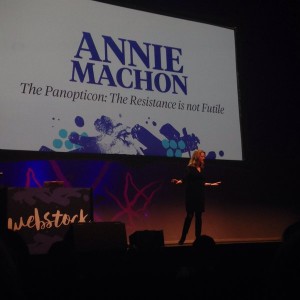 I just want to say a huge thank you to the organisers of the 10th Webstock Festival in New Zealand earlier this month — definitely worth the interminable flights.
I just want to say a huge thank you to the organisers of the 10th Webstock Festival in New Zealand earlier this month — definitely worth the interminable flights.